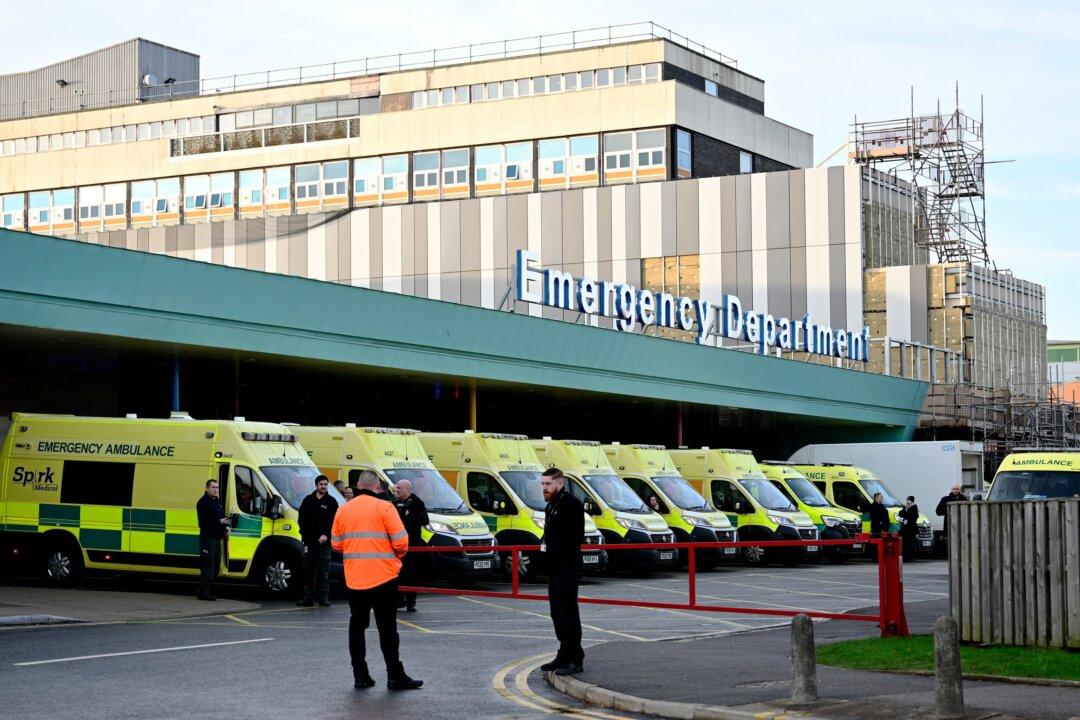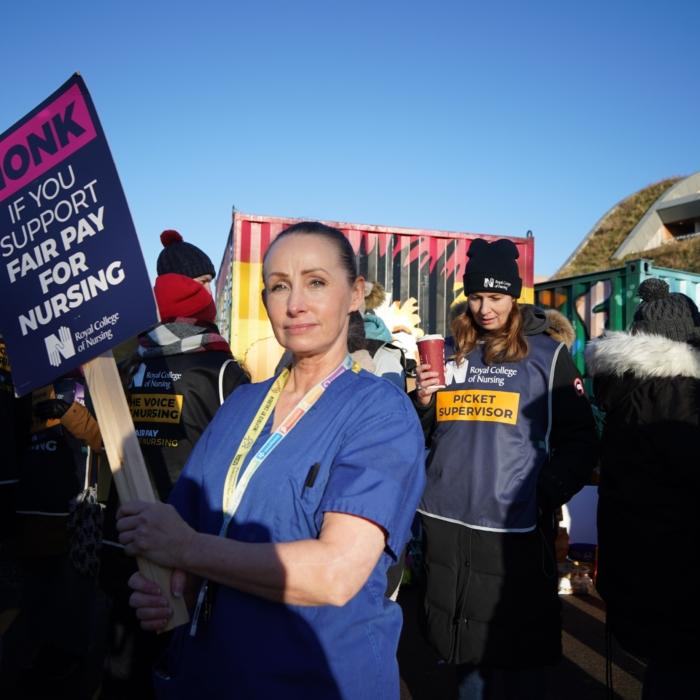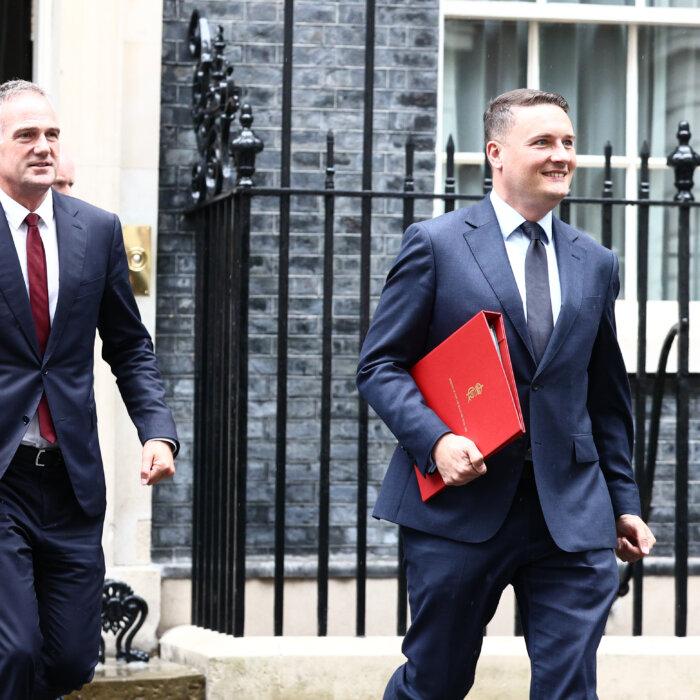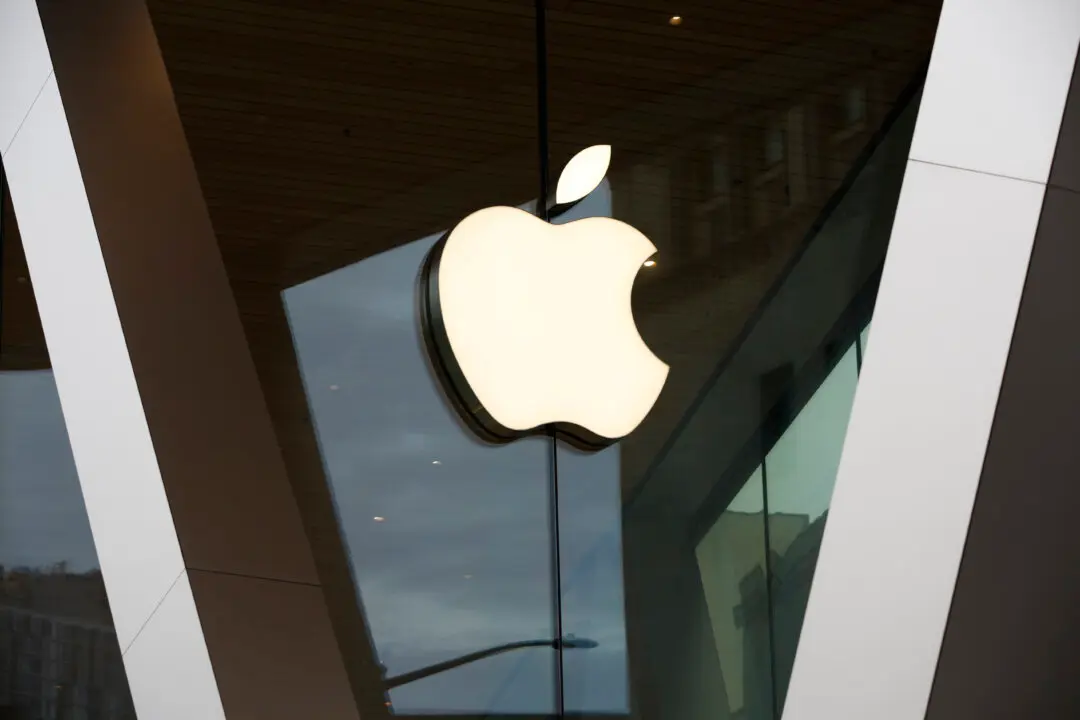Tens of thousands of NHS workers in England, including the ambulance service, have voted to accept the government’s 5.5 percent pay offer.
Speaking about the decision, GMB National Secretary Rachel Harrison said that GMB members welcomed “this first step towards restoring their pay to pre-austerity levels.”
“The Pay Review Body [PRB] recommendation was the first above-inflation pay rise for NHS workers in more than a decade.
“GMB now urges the Government to implement by the pay award in full—including agreeing to the funded mandate to refresh the Agenda for Change pay and terms structure that many NHS workers are contracted under,” she said.
This follows extensive consultations with GMB members and a round of negotiations with the government. The GMB ballot opened from Aug. 19 to Oct. 4 after the government announced in the summer that it would follow the NHS PRB recommendation in full.
It includes a 5.5. percent pay award, which will be paid in October alongside back pay to April 1. The workers’ pension tiers will also go up in line with the pay award to avoid impact on pension contributions.
While the workforce has been growing slowly in the last decade, the NHS continues to be under pressure because of rising demand, the PRB said.
April saw increasingly high demand for ambulance services, with 732,239 calls per month, an average of 24,408 every day. NHS staff strikes over the last year have added to the pressure on the healthcare system.
In its July report, the PRB called for action to ensure incentives for the NHS staff.
“It was clear from all parties that a uniform consolidated percentage pay award for staff at all levels is the most appropriate pay award in 2024-2025,” the report said.







